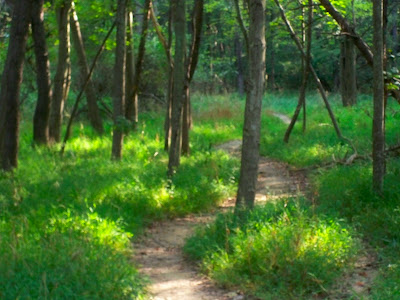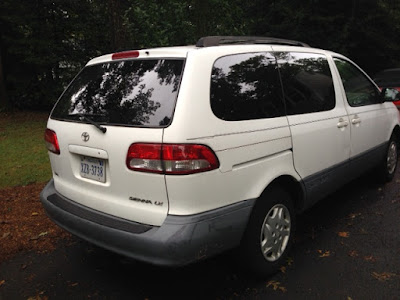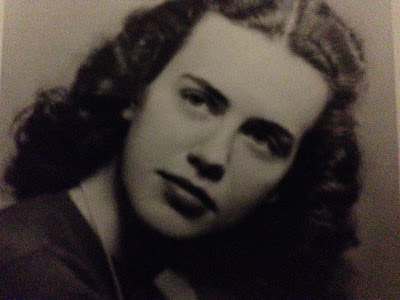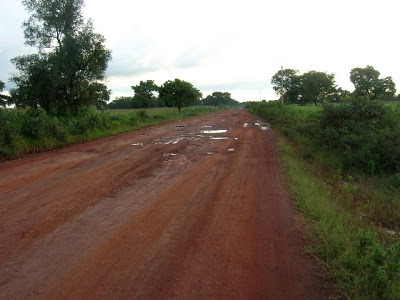The second leg of their trip has begun, the one that will bring Suzanne and Appolinaire from a village in the north of Benin, West Africa, to Washington, D.C. The trip began last night in the little Cotonou Airport and continued with a brief stop in Abidjan, Ivory Coast, before landing in Istanbul, Turkey. There they boarded their U.S.-bound flight, and now they’re heading home.
But preparations began over a year ago, pulling together the paperwork for the K-1 (fiance) visa, filling out forms, collecting photographs, sending the packet off and then waiting, waiting, waiting.
Luckily, the waiting was done in West Africa, a place where patience seems bred into the bone, where people think nothing of standing for hours on a hot roadside in hopes that the 200,000-plus-mile Peugeot that’s been carrying them to the next village can once more be coaxed to life so they can cram into it and get going.
This patience, and the shrugged shoulders and hopefulness that go with it, is an excellent trait to carry along to the new world. It will help them navigate a complex culture and the inevitable waiting times and snafus built into becoming first a resident and then a citizen of the United States.
We’ve been needing a lot of patience ourselves lately as we counted down to the day — November 23 — that we thought would never come. And we’ll need an extra dose of it this evening as we crane our necks in Dulles’ bustling International Arrivals Terminal, looking, looking, looking for a dazed young couple to walk through the doors and into our arms.









